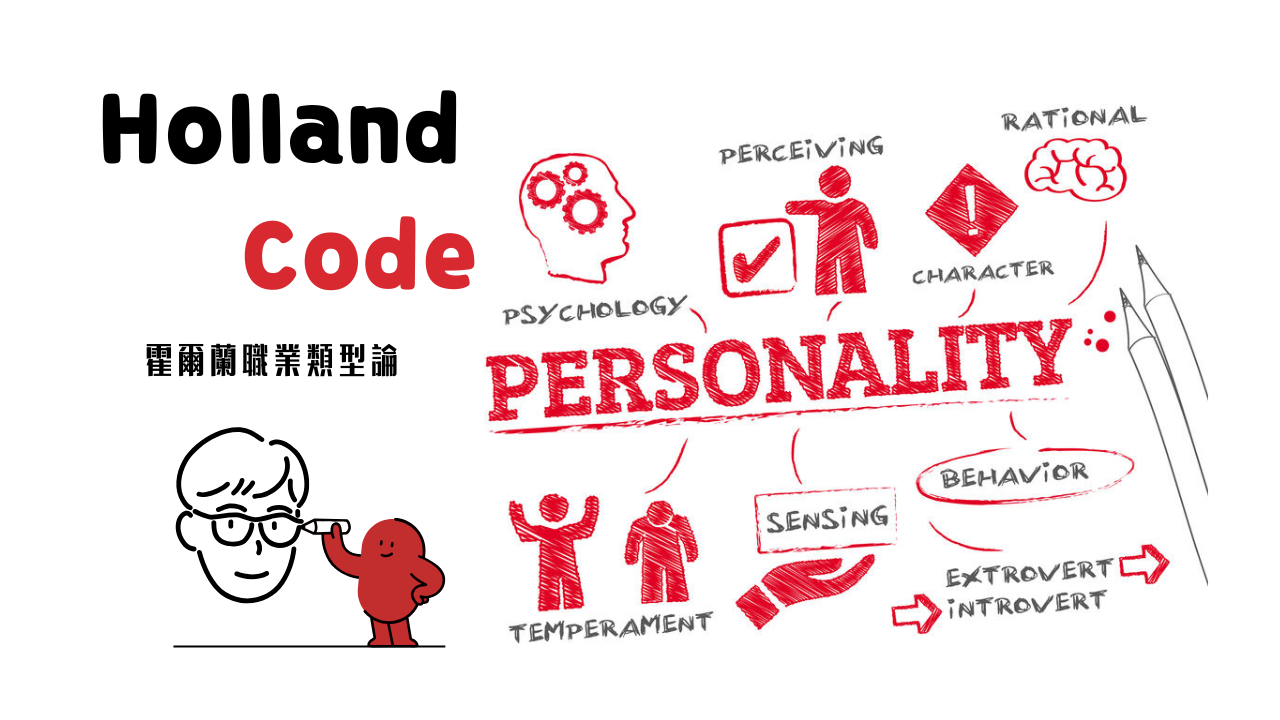
Discover Your Path: Unlock Your Potential with the Holland Code
Thousands of individuals have discovered their full potential and found fulfilling careers by completing the Holland Code assessment, a career judgment tool developed by psychologist John L. Holland. This assessment categorizes personalities and interests into six distinct types, helping to match careers that align with an individual’s passions. However, the test was not built upon clinical experiments, so it is better seen as a self-discovery tool rather than a scientific diagnosis. In other words, this tool is useful for students to explore their interests, but it should not be the sole basis for making major career or life decisions. Therefore, students should make good use of critical thinking and avoid blindly following the results.

The Six Types of the Holland Code
-
Realistic: Prefers hands-on work with tangible objects, solving practical problems, and focusing on specific mechanical tasks rather than social or interpersonal activities.
-
Investigative: Enjoys researching and solving mathematical or scientific problems, excelling in these areas while valuing scientific accuracy and intellectual pursuits over leadership or persuasion.
-
Artistic: Engages in creative activities such as art, drama, and music, excelling in these fields and valuing originality and self-expression over structured or repetitive tasks.
-
Social: Prefers helping others through activities like teaching and counseling, excelling in these areas while valuing support and addressing social issues over using machines or tools.
-
Enterprising: Enjoys leading, persuading, and selling ideas or products, excelling in these roles, and valuing success in leadership, politics, or business over analytical or observational tasks.
-
Conventional: Prefers handling data, records, or machinery in a systematic and orderly manner, excelling in these areas and valuing business success while seeing themselves as organized and skilled at following structured plans.
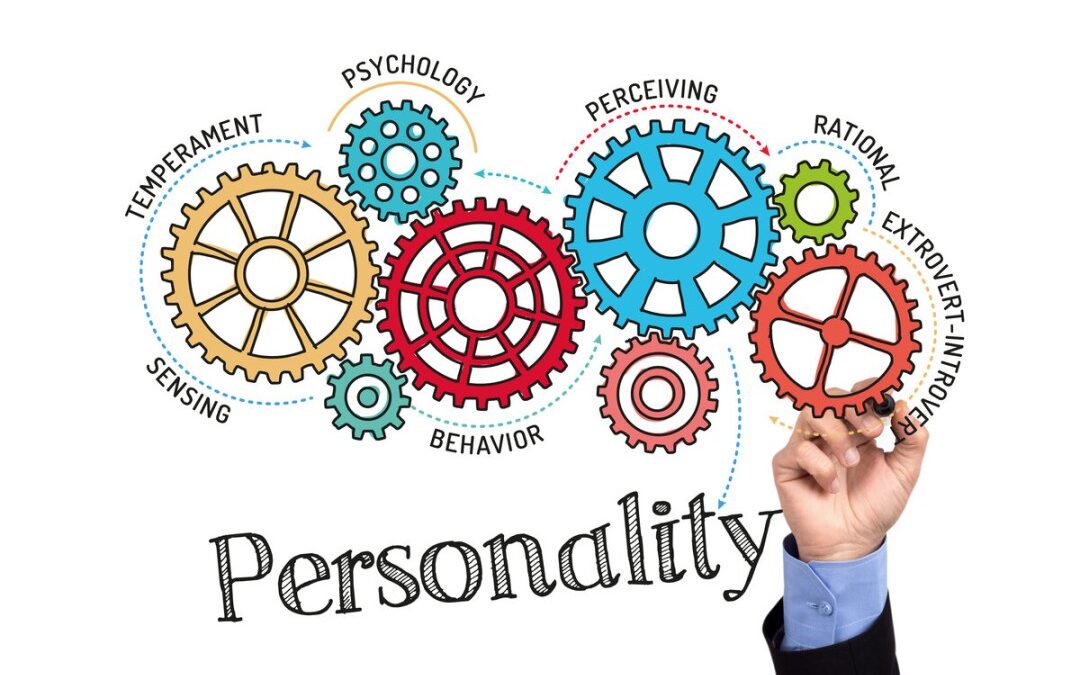
Insights for Students
1. Academic Pathways
Understanding these types can provide invaluable insights for students navigating their educational and career paths. Using the Holland Code as inspiration, students can better explore college majors that align with their interests. Here are some suggestions to get you started:
-
Realistic: Consider majors in Engineering, Environmental Science, or Sports.
-
Investigative: Explore fields like Biology, Chemistry, Physics, Data Science, or Computer Science.
-
Artistic: Pursue studies in Fine Arts, Design, Architecture, Language Arts, or Performing Arts.
-
Social: Look into Education, Psychology, Public Health, Social Work, or Sports.
-
Enterprising: Think about Political Science, Business, Marketing, or Entrepreneurship.
-
Conventional: Focus on Accounting, Finance, Information Systems, or Computer Science.

2. Interpretation
After completing the RIASEC test, you will receive a three-letter code (e.g., RIA). Each letter represents one of your strongest interest types, and the order of the letters reflects your preferences for those types of career. The first letter in your code represents your strongest career interest, the second letter represents a secondary interest, and the third letter indicates your relatively weaker interest.
However, this doesn't mean you must strictly follow this order. For example, if your Holland Code is RIA, you can also consider careers in the combinations RAI, IRA, IAR, ARI, and AIR. Statistically, there are six possible combinations for three letters, and this article will focus on introducing and categorizing only the non-repetitive three-letter codes. You are encouraged to explore various permutations and combinations of your interests.
Additionally, if the letter that ranks fourth in your results has a score close to the third-highest letter, that category can also be considered. Take the below result for example, the theme code is ARI, while I is only slightly higher than S and E. Hence, you might also want to explore the career options associated with the ARS or ARE combination code.
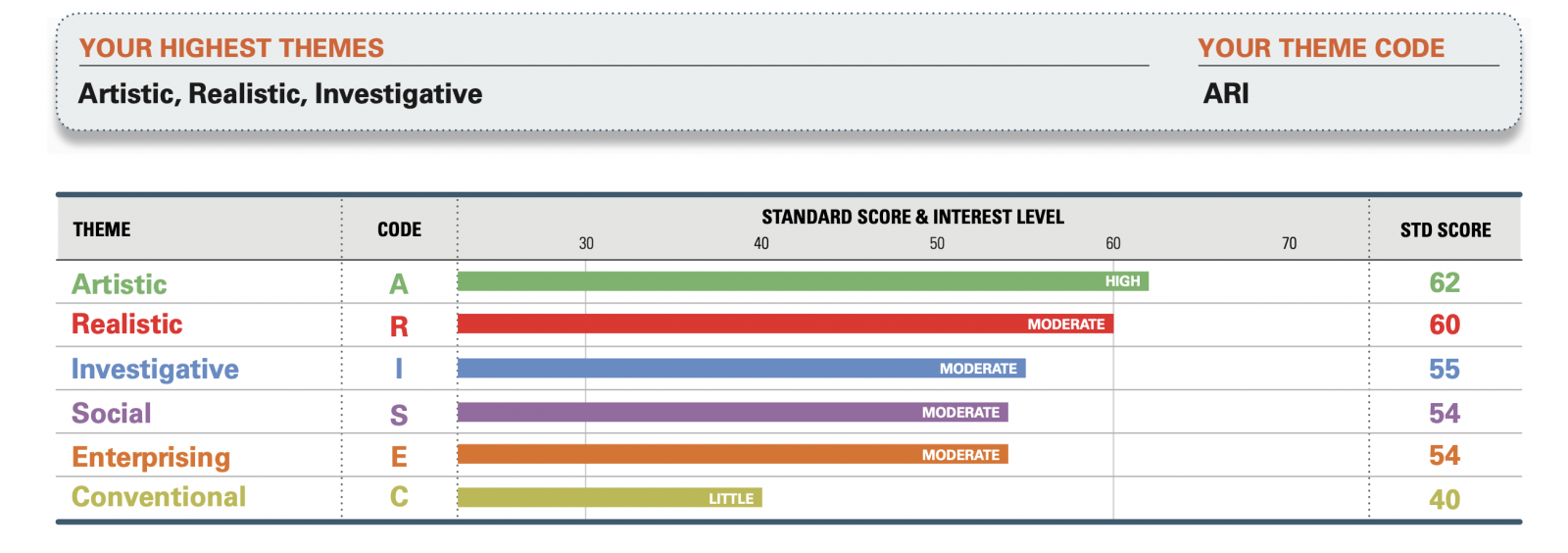
3. Possible Combinations and Career Opportunities
RIA (Realistic, Investigative, Artistic)
Individuals within this category are known to be creative problem solvers who enjoy hands-on work and have a keen eye for design. They are likely to thrive in opportunities that enable them to combine technical skills with artistic expression.
-
Landscape Architects
-
Commercial and Industrial Designers

RIS (Realistic, Investigative, Social)
These individuals are known to be compassionate despite having an analytical perspective, often intrigued by the possibilities in healthcare and environmental roles. They excel in experiences that involve helping others while employing scientific expertise.
-
Radiation Therapists
-
Physicians
-
Dentists
-
Athletic Trainers
-
Park Naturalists

RIE (Realistic, Investigative, Enterprising)
Individuals here are typically practical innovators who incorporate scientific knowledge with entrepreneurship, seeking opportunities to develop or advance technology or manage resources effectively.
-
Range Managers
-
Biofuels Product Development Managers

RIC (Realistic, Investigative, Conventional)
These detail-oriented individuals enjoy working on a set schedule, completing structured assignments, and problem-solving. They often choose to work in regulatory industries, ensuring quality and compliance.
-
Civil Engineering Technologists
-
Medical Appliance Technicians
-
Forensic Science Technicians
-
Environmental Engineers
-
Biological Technicians
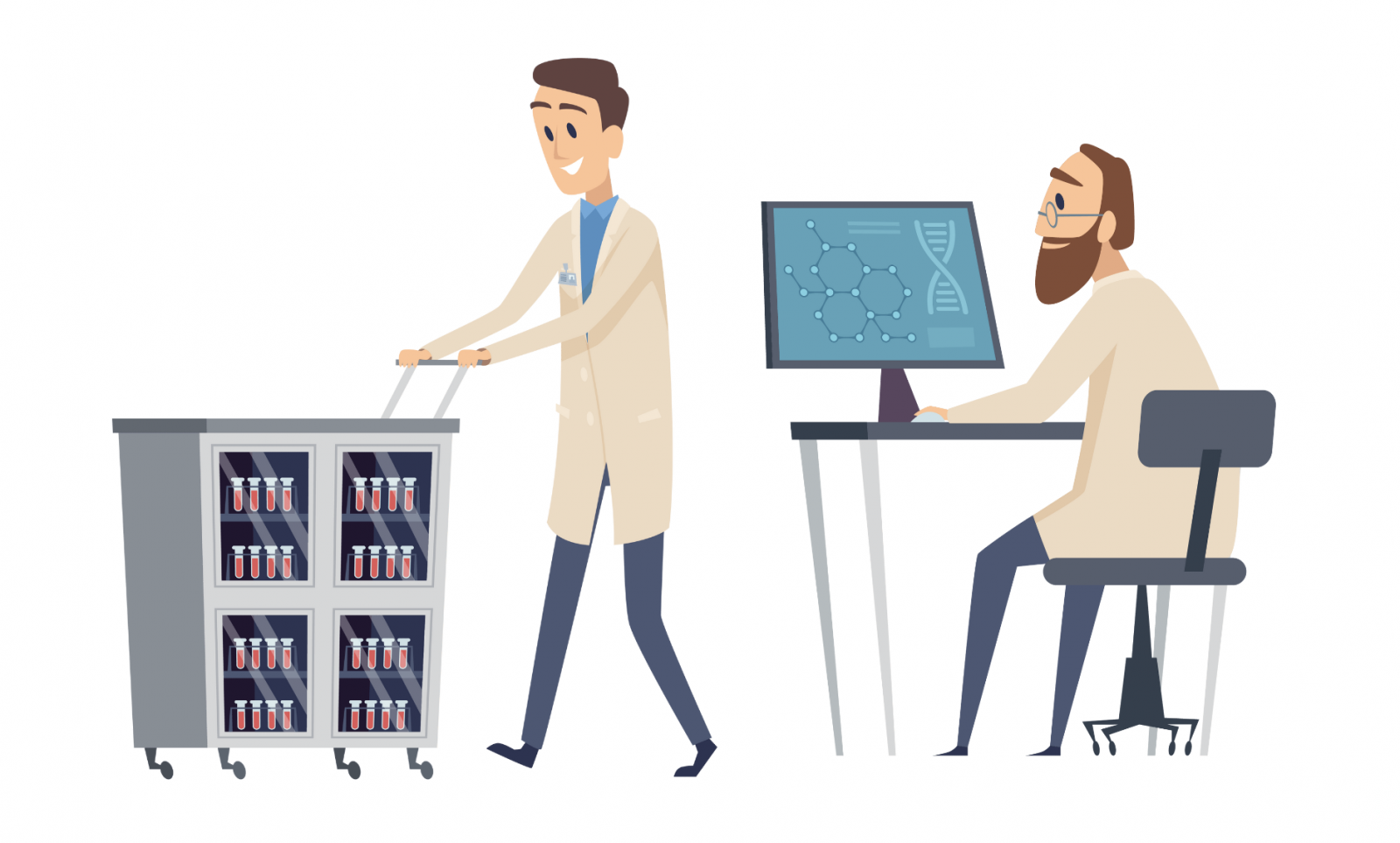
RAS (Realistic, Artistic, Social)
These individuals are tremendously dynamic, interactive, and expressive, often showcasing their creativity and individuality through performance or physical arts. They enjoy working collaboratively with others and are frequently emotionally attached to their work.
-
Dancers
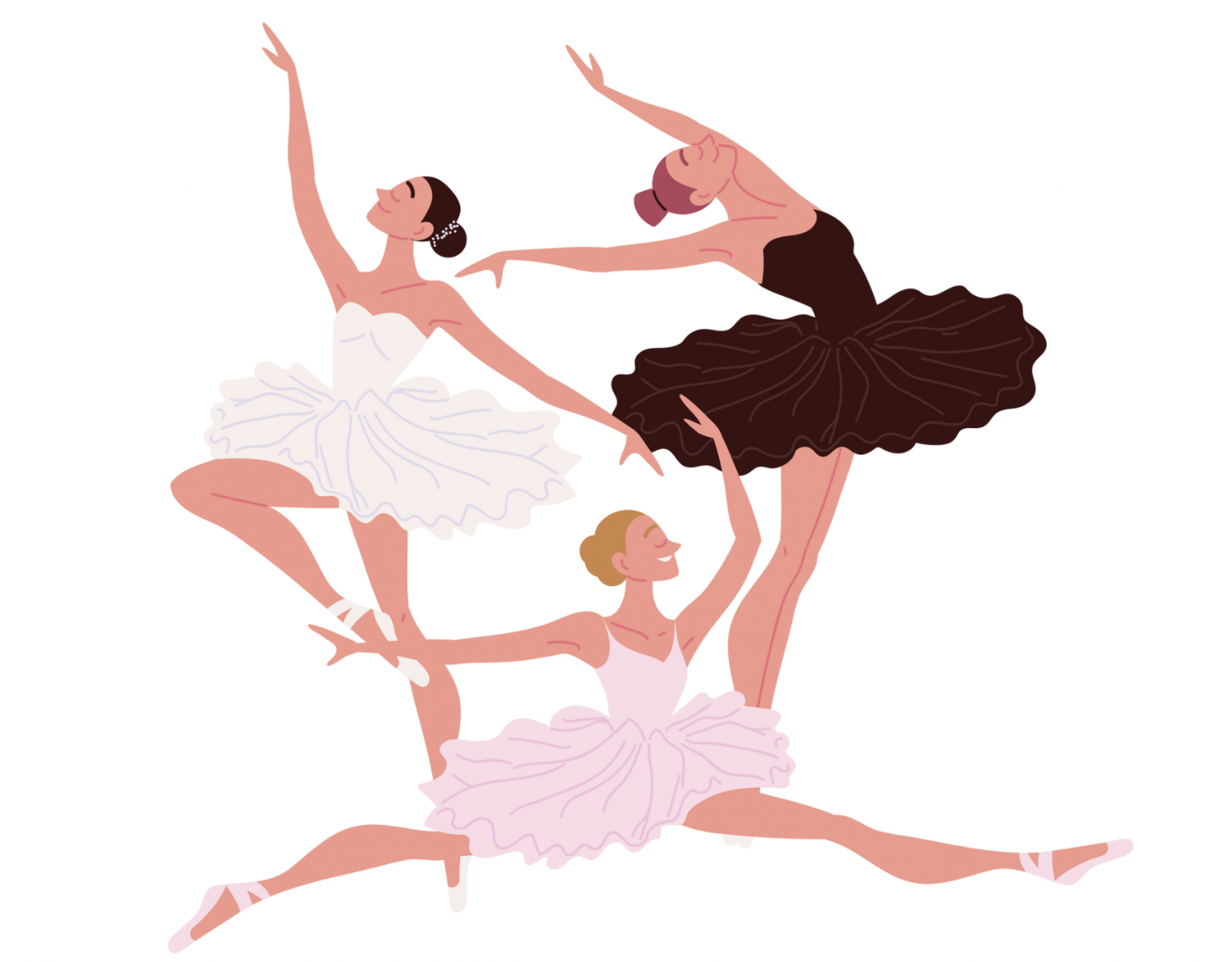
RAE (Realistic, Artistic, Enterprising)
Individuals in this category are known to be imaginative yet driven, pursuing careers that combine fashion and design. Combined with a strong drive for business, this blend of creativity helps bring their visions to life.
-
Fashion Designers
-
Models
-
Merchandise Displayers

RAC (Realistic, Artistic, Conventional)
Individuals categorized as RAC are skilled craftsmen and artists who appreciate structure and tradition, especially regarding their work. They can be seen transforming their visions to life with immense attention to detail.
-
Furniture Finishers
-
Musical Instrument Repairers
-
Costume Attendants
-
Stone Cutters and Carvers

RSE (Realistic, Social, Enterprising)
These individuals are active, charismatic, and leadership-oriented. They tend to thrive in team-oriented sports and excel in roles that require them to motivate and think strategically.
-
Coaches and Scouts
-
Athletes and Sports Competitors

RSC (Realistic, Social, Conventional)
This group contains caring and organized individuals who thrive in healthcare or community services, prioritizing service and supportive roles.
-
Nursing Assistants
-
Medical Assistants
-
Home Health Aides
-
Animal Caretakers
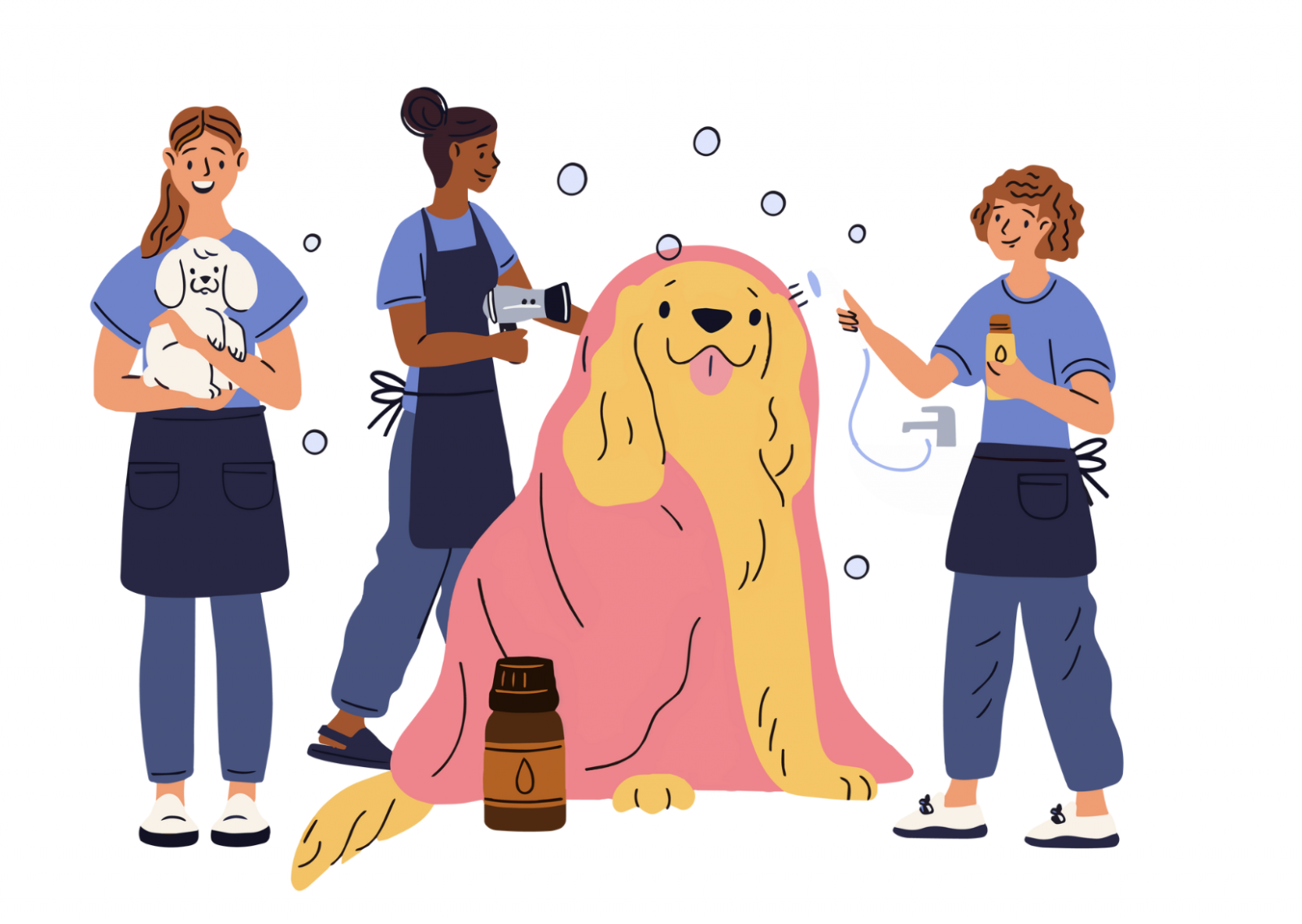
REC (Realistic, Enterprising, Conventional)
Individuals within this category are results-driven, pursuing careers in management or sales. Their personalities help them excel at implementing systems and leading teams to achieve their goals effectively.
-
Industrial Production Managers
-
Police Officers
-
Construction Managers
-
Sales Workers

IAS (Investigative, Artistic, Social)
These individuals are intellectually curious and creative, forming a perfect combination of education and the arts. They enjoy interactive experiences and addressing societal issues through their work.
-
Music Therapists
-
Sociology Teachers
-
Architecture Teachers
-
Special Education Teachers

IAE (Investigative, Artistic, Enterprising)
Individuals here are innovative thinkers equipped with a passion for storytelling and technology. They likely thrive in creative industries by combining their artistic vision with analytical skills.
-
Video Game Designers
-
News Analysts

IAC (Investigative, Artistic, Conventional)
This group consists of detail-oriented individuals who excel in technical and digital industries, showing an appreciation for creativity within the limits of a structured environment by focusing on precision and functionality.
-
Technical Writers
-
Web Designers

ISE (Investigative, Social, Enterprising)
These individuals are insightful and strategic, blending analytical skills with a desire to understand human behavior, thus thriving in the psychological and consulting fields.
-
Industrial-Organizational Psychologists

ISC (Investigative, Social, Conventional)
These individuals are compassionate and organized, using their analytical skills to improve systems, typically in healthcare or supportive roles.
-
Registered Nurses
-
Pharmacists
-
Genetic Counselors
-
Audiologists

IEC (Investigative, Enterprising, Conventional)
Individuals here are strategic thinkers who excel in business or finance-related tasks by combining analytical skills with a goal-oriented mindset, leading to exceptional growth and efficiency.
-
Actuaries
-
Management Analysts
-
Marketing Strategists
-
Financial Risk Specialists

ASE (Artistic, Social, Enterprising)
These charismatic and creative individuals thrive in public roles, allowing self-expression and enjoyment in forming audience connections.
-
Public Relations Specialists
-
Actors
-
Broadcast Announcers

ASC (Artistic, Social, Conventional)
These individuals are immensely expressive and well-suited for educational and community service roles. They thrive in environments that value creativity while providing structure and support to others around them.
-
Interpreters and Translators
-
Childcare Workers

AEC (Artistic, Enterprising, Conventional)
Individuals in this category are incredibly versatile and driven, thriving in creative industries like media and marketing while effectively communicating ideas.
-
Advertising Managers
-
Editors

SEC (Social, Enterprising, Conventional)
These individuals are engaging and resourceful, working in sales or community-oriented roles that require both interpersonal skills and organizational capabilities.
-
Social and Community Service Managers
-
Fundraisers
-
Real Estate Sales Agents
-
Travel Guides

How to Take the Holland Code Assessment
Step 1: Take the Holland Code Assessment for free
- U.S. Department of Labor: https://www.mynextmove.org/explore/ip
- Testing Agency: https://www.truity.com/test/holland-code-career-test
Step 2: Explore possible careers in your top career interest area
- U.S. Department of Labor: https://www.onetonline.org/find/career
- Testing Agency: https://www.truity.com/search-careers
By leveraging the insights from the Holland Code, students can make informed decisions about their college majors and career paths, setting themselves on a fulfilling journey toward their future.
閱讀中文版文章:發現你的道路:透過霍蘭德職業類型解鎖潛能
Contact Us for High School Counseling & College Application Guidance
